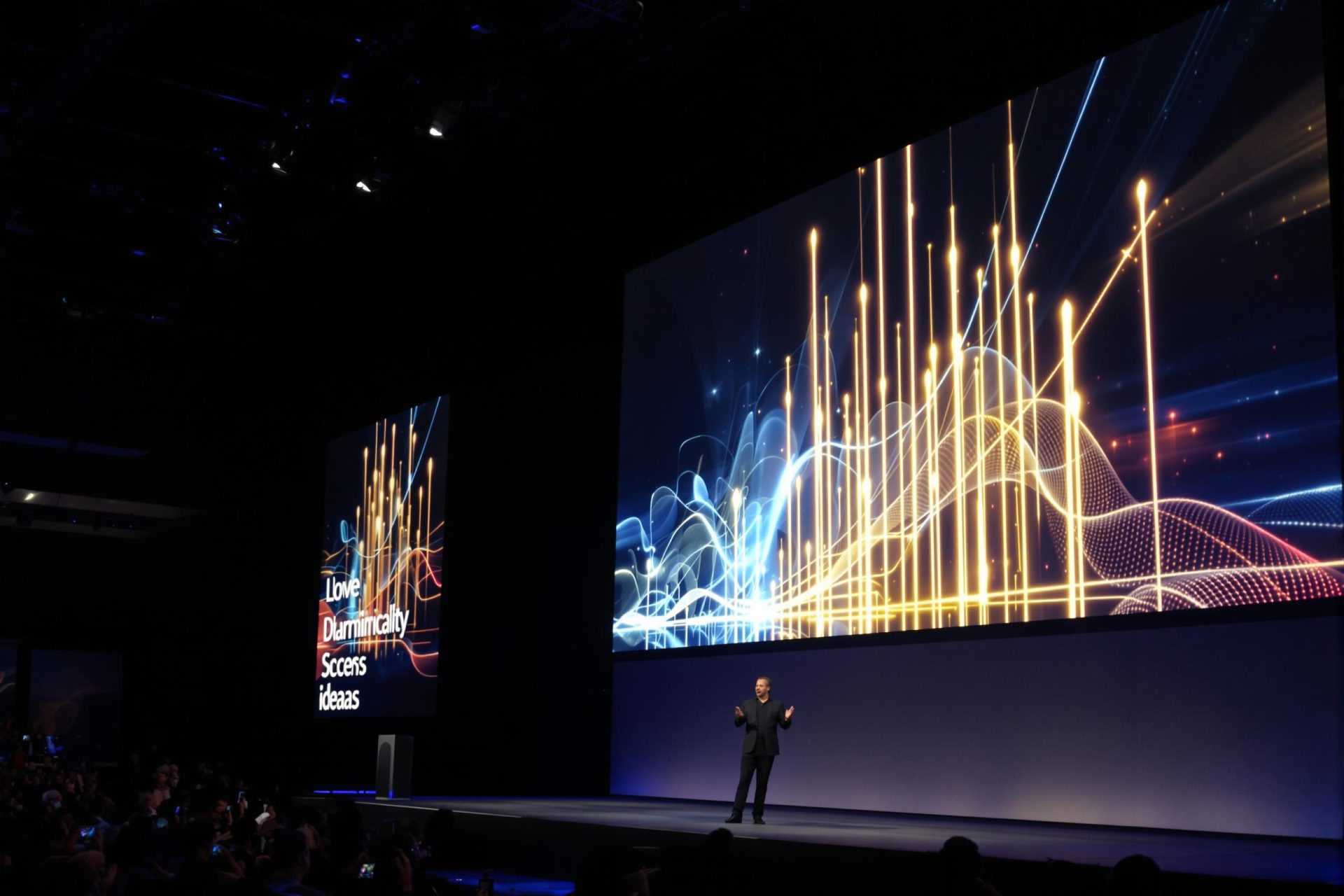Key Takeaways
- Many companies overstate their AI features, a trend known as “AI washing.”
- Some businesses simply relabel existing automation as “AI” without real improvements.
- This hype echoes past buzzwords like “cloud,” with AI now dominating company discussions and funding pitches.
- Risks include superficial AI tools, privacy concerns from data usage, and security issues with third-party APIs.
- Accuracy and reliability are crucial, especially in regulated fields dealing with sensitive data.
- The market is slowly learning to separate genuine AI value from mere hype.
A wave of “AI washing” is sweeping the business world, where companies exaggerate their use of artificial intelligence, according to John Fitzpatrick, a tech veteran and Chief Technology Officer at Nitro.
Fitzpatrick, one of the original engineers behind Apple’s Siri, has seen this firsthand over the past year, particularly after ChatGPT exploded in popularity.
He describes AI washing as businesses misrepresenting their AI capabilities just to jump on the trend. Many apps appeared that were little more than new interfaces for ChatGPT, while others rebranded old automation tools as sophisticated AI.
This isn’t new, Fitzpatrick notes. It reminds him of the “cloud” hype years ago when suddenly every company claimed to be a cloud business. Now, AI is the buzzword dominating earnings calls and investor pitches.
Data shared in an essay by John Fitzpatrick published by Business Insider shows a dramatic increase in AI mentions by companies recently. Startups feel pressured to have an AI story to secure funding.
Some examples of AI washing include simple interfaces built on top of large models like ChatGPT, which may offer limited real value. More concerning is rushing AI features without considering privacy or security.
Fitzpatrick warns that some companies update terms to use customer data for AI training, or rely on third-party services, potentially exposing sensitive information.
For industries like finance or healthcare, which handle critical documents, the risks are higher. Inaccuracies or “hallucinations” from AI can be costly. It’s vital to ensure accuracy and know when the AI is uncertain.
Automating workflows completely without human review is also risky, especially when dealing with financial data where errors can have serious consequences.
However, Fitzpatrick believes we’re moving past the peak hype. Companies are starting to understand AI’s true capabilities and limitations, leading to more thoughtful product development.
Investors and customers are also getting better at spotting superficial AI versus applications that offer genuine utility.



